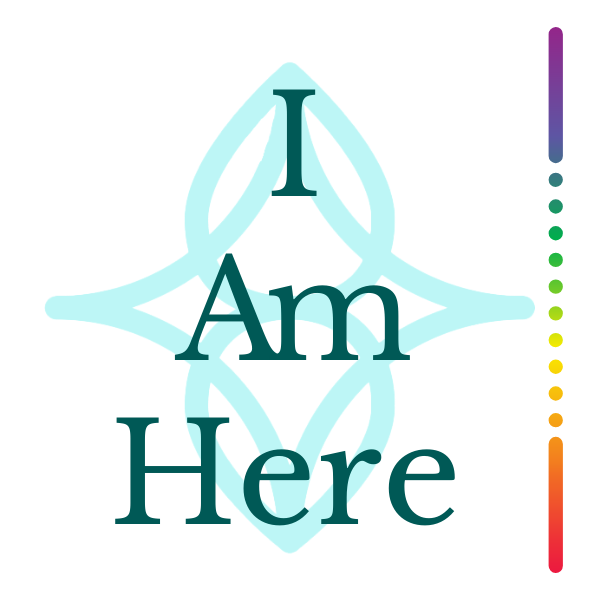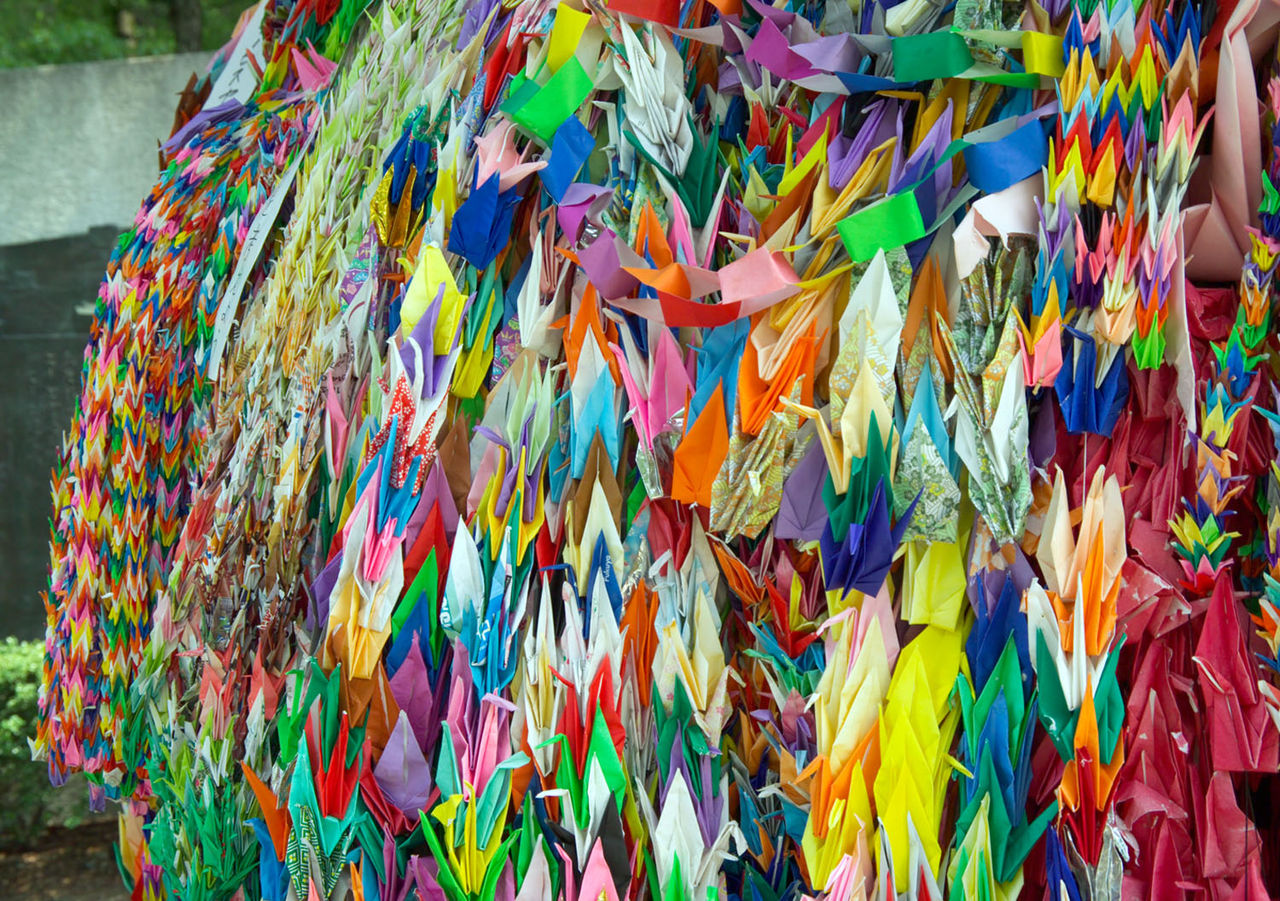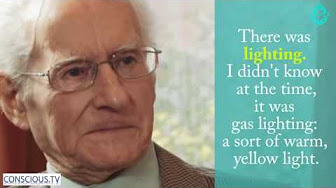A premise of Nondual Therapy is that the individual is an experiential entity that uniquely manifests the universal whole: we are one, but we’re not the same. Because the individual is inseparable from the environment, there is an interplay between collective and individual trauma. The dualistic thinking of the judgmental mind, as well as fields of contraction and trauma, can play out collectively – through groups, cultures and nations. Yet the solution will always be with individual responsibility.
Nondual Qualities are also shared, and unlike suffering, they are an infinite resource.
Nondual Qualities are also shared, and unlike suffering, they are an infinite resource. Everyone that moves awakens and reintegrates a traumatic vortex within themselves and offers a tremendous service to the whole. Where there was a resonance of pain, there is now peace and fulfillment. A way home to our True Nature is opened – an experiential pathway in the collective mind. Just the release of these Nondual Qualities into the collective field is a tremendous support and affirmation to others. In the words of Bob Moore: “You are moving beyond polarity into your qualities. Your qualities are not polar.”
In the collective field, we are deeply traumatized, and this is partly why we are so destructive towards the planet of which we’re composed and why we remain in a perpetual state of war in manifold forms. Collective trauma shows through the force of denial arising from misconceptions around trauma itself. We make it uncommon, on the edge of insanity. If we have a trauma, we learn to be ashamed, and to hide it. From generation to generation we teach our children how to ‘steel themselves’ in the face of hardship; to keep a stiff upper lip; or to put on a brave face. We rarely admit that without exception, we are all traumatized. The only differentiation is in our freedom of consolidation within the Nondual awareness prior to form. Trauma is at the root in many forms of insanity, addiction, abuse and crime, yet our shared tendency is to reject all perpetrators as “evil” and to pity the victims as weak and inferior.
It’s not the act that makes us guilty, it’s the guilt which made us act badly – a guilt that contracted in the psyche long before we could be responsible.
According to The Sentencing Project, in the last forty years, incarceration in the US has increased upwards of five hundred percent, despite crime rates decreasing. The prisons are overflowing with untreated crimes. Consider for a moment that it’s partly the energy of guilt – a deep somatic identification with being ‘bad’, a perennial feeling of being condemned, a background sense of unworthiness – that causes us to do bad things. What comes first? The guilt or the crime? Conditioned as we are to believe that action makes us ‘guilty’, we are hardly able to consider attending to the inherited energy of guilt that we carry collectively and experience as personal. It’s not the act that makes us guilty, it’s the guilt which made us act badly – a guilt that contracted in the psyche long before we could be responsible. As Jung says: “The healthy man does not torture others – generally it is the tortured who turn into torturers.”
This sense of being tortured through guilt can come with a horrific pressure on the chest and at the basis of the body. It clamps the buttocks and tightens the throat, limiting both freedom of movement and expression. It narrows the potential of experience and contracts us from others as well as from our own Source. In guilt, we shrink. Suffering this irredeemable sense of inner untouchability, the energy of guilt acts out on the environment. It expresses itself outwardly, seeking to destroy the projected accusers. Why? Because any connection with the world is better than no connection at all.
Our social response is to lock up these misfits and criminals in the ghettos of the guilty, splitting them further from the whole, ensuring that this contraction is passed from generation to generation. It’s an epidemic of dosing affliction with affliction, accusing the accused, treating trauma with more trauma. The social field gets split into one great illusory verdict of ‘Good Versus Evil’. The fear to fall on the wrong side of the line between insider and outsider prevails. At the same time, for each of us, no matter how much we pretend, the personality we carry is never good enough. We’re always guilty and we act as if we can never be proven innocent. To avoid social condemnation we conduct the prosecution, including witnesses, jury and defense in the safer zone of our own thoughts. Judgement follows judgement, and we all await the final reckoning.
When collective trauma reaches its zenith, the form flips over and the underbelly of trauma begins to take over the social field. Such historic moments can seem like terrifying throwbacks to the past. Where we thought we had secured liberty, democracy and fraternity, we find ourselves again launched into theocracy, genocide and war.
Outside of penitentiaries, we have the splitting of ourselves into the sane and insane; the serious and the ridiculous; the smart and the stupid; the winners and the losers; the ‘haves’ and ‘have-nots’; the elites and the masses; the survivors and the suckers; the insiders and outsiders; rising stars and those who are ‘going down’; saints and sinners; wives and whores; the cursed and the blessed. We scramble reflexively to become one side of the coin while pushing away the other, flattening the dimension of life into perpetual self appraisal and perpetual failure. The so called good parts of our personality depend on the bad to be good. Without the good guys, the bad guys cannot exist. Whether outside of ourselves or within our own psyche, there is a perpetual struggle between opposing poles. Yet each side of a duality awakens the other. When we grasp towards the light, the darkness emerges. When we grasp towards a sense of self, we find ourselves disappearing. The more we consider ourselves to be exclusively good, the more our perception fills up with forms of evil. The paradox is that we need the insane people to make us feel sane. They define our assumed normality. We depend on the poor people to bring value to our riches. Our pleasure depends on our pain. The heaven in one corner depends on a hell somewhere else. It was Plato who first observed: “The excessive increase of anything causes a reaction in the opposite direction.”
When collective trauma reaches its zenith, the form flips over and the underbelly of trauma begins to take over the social field. Such historic moments can seem like terrifying throwbacks to the past. Where we thought we had secured liberty, democracy and fraternity, we find ourselves again launched into theocracy, genocide and war. The very concept of ‘the outsider’ carries the familiar, daunting scent of collective trauma. At a certain stage, the disallowed rage and pain of the people becomes uncontainable. When it’s not integrated, trauma will express and release in whatever way it can. It will be both personal and collective, and every shade in between. If the trauma has been about murder, then there’ll be murder. If it’s been about belonging, there’ll be rejection. If it’s been about abuse, then there’ll be abuse. This is a form of release, but it’s a blind process – there’s no consciousness in it – so it proliferates and births a future in which history seems to repeat.
The human psyche is enslaved in a dance of duality that will become increasingly contracted in multiple forms of paradox and senselessness until we open and restore the flow of Nondual Qualities out of which every duality emerges. Then there is space for healing; then we begin to dance in the full expression of True Nature through all forms of duality.
Extracted from the book: Nondual Therapy: The Psychology of Awakening, by Georgi Y. Johnson



